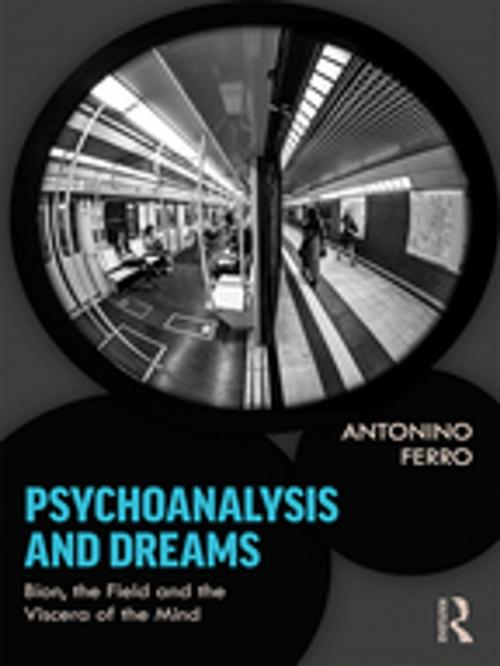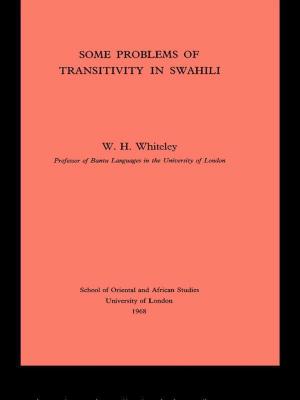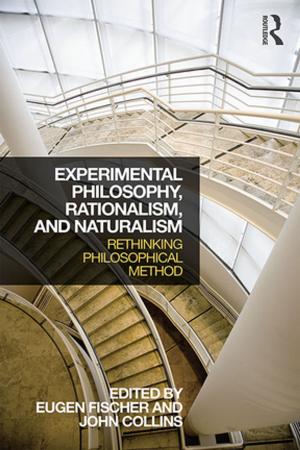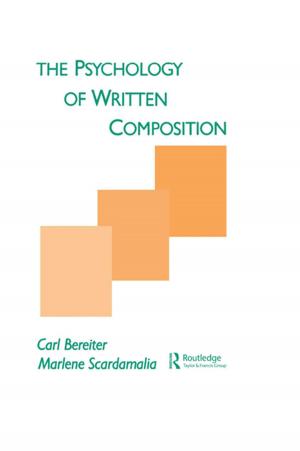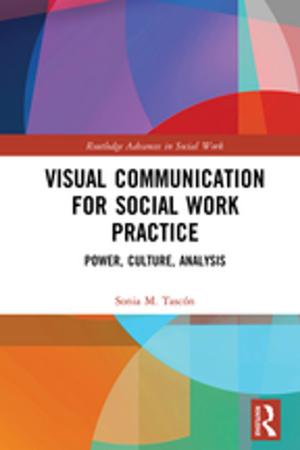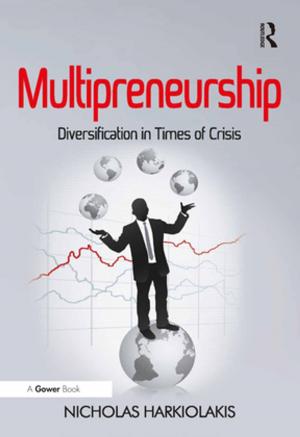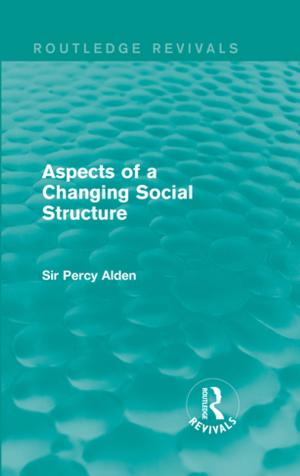Psychoanalysis and Dreams
Bion, the Field and the Viscera of the Mind
Nonfiction, Health & Well Being, Psychology, Psychoanalysis, Mental Health| Author: | Antonino Ferro | ISBN: | 9780429620249 |
| Publisher: | Taylor and Francis | Publication: | February 7, 2019 |
| Imprint: | Routledge | Language: | English |
| Author: | Antonino Ferro |
| ISBN: | 9780429620249 |
| Publisher: | Taylor and Francis |
| Publication: | February 7, 2019 |
| Imprint: | Routledge |
| Language: | English |
Psychoanalysis and Dreams explores some of the cornerstones of Antonino Ferro’s theoretical model but also attempts to extend the dreamlike boundaries of the model. Based on Bion’s theory of alpha function and the analytic field, Ferro has developed his own original theorization of transformations in dreams and of work in the analytic session as a waking dream.
Clearly highlighted in the book is Ferro’s theory that transformation in dreams is the activity which is constantly carried out in the mind of the analyst, who nullifies the reality-status of the patient’s communication and considers the patient’s narrative as a dream which must be constructed in real time in the encounter between the two minds at work. At the centre of Ferro's theoretical proposal stands the transition from a psychoanalysis of contents to a psychoanalysis which develops the apparatus for thinking, based on the conception of an unconscious in a perennial state of construction and transformation, which must be dreamed, and which continuously expands as it is dreamed.
Psychoanalysis and Dreams is written for practicing and training psychoanalysts, psychotherapists and psychiatrists and will be helpful in everyday psychoanalytic and psychotherapeutic work.
Psychoanalysis and Dreams explores some of the cornerstones of Antonino Ferro’s theoretical model but also attempts to extend the dreamlike boundaries of the model. Based on Bion’s theory of alpha function and the analytic field, Ferro has developed his own original theorization of transformations in dreams and of work in the analytic session as a waking dream.
Clearly highlighted in the book is Ferro’s theory that transformation in dreams is the activity which is constantly carried out in the mind of the analyst, who nullifies the reality-status of the patient’s communication and considers the patient’s narrative as a dream which must be constructed in real time in the encounter between the two minds at work. At the centre of Ferro's theoretical proposal stands the transition from a psychoanalysis of contents to a psychoanalysis which develops the apparatus for thinking, based on the conception of an unconscious in a perennial state of construction and transformation, which must be dreamed, and which continuously expands as it is dreamed.
Psychoanalysis and Dreams is written for practicing and training psychoanalysts, psychotherapists and psychiatrists and will be helpful in everyday psychoanalytic and psychotherapeutic work.
